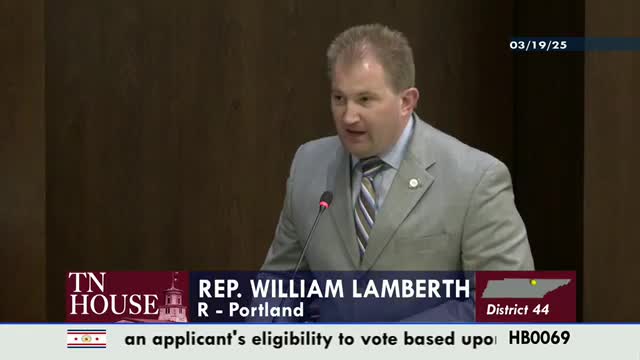Article not found
This article is no longer available. But don't worry—we've gathered other articles that discuss the same topic.
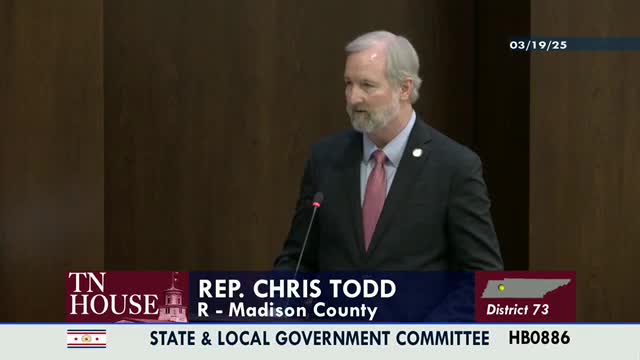
Committee advances bill to require party registration for primary voting after heated debate and public testimony
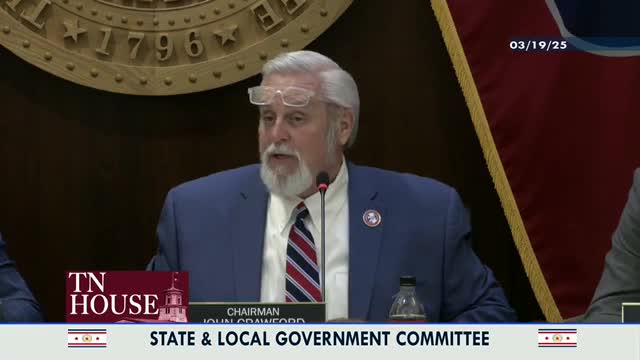
Committee roundup: dozens of bills moved on with committee votes; summary of actions and outcomes
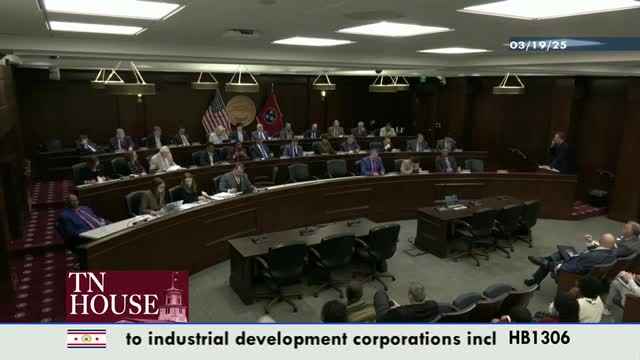
Committee approves bill expanding tools to incentivize affordable housing and tax-increment financing
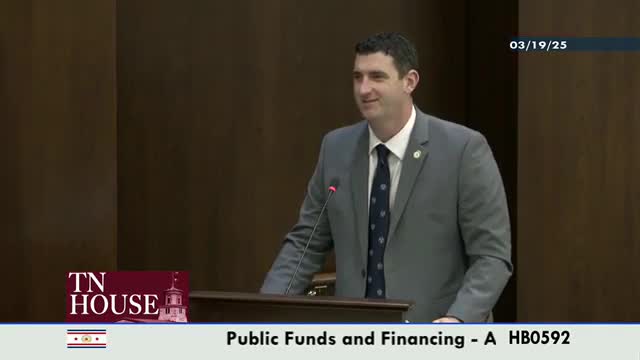
Committee advances bill easing Board of Claims access for people judicially exonerated
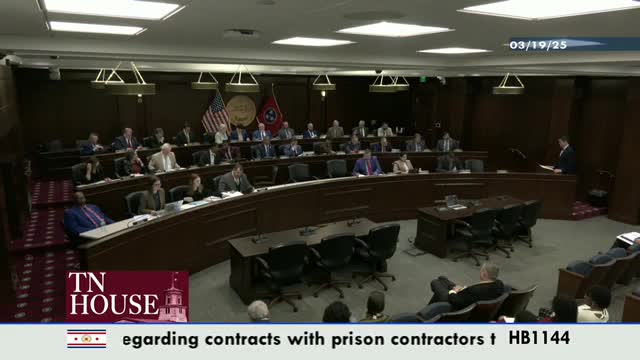
Committee moves bill to reduce private-prison populations where inmate death rates are high
